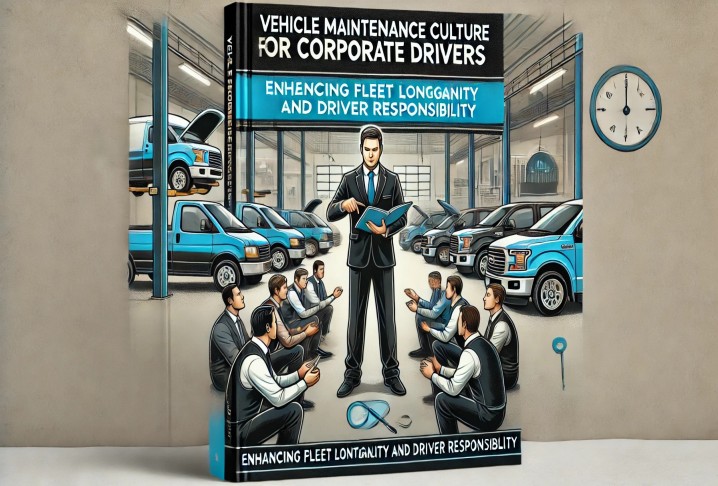
Click on each header to view!
This course is designed to instill a strong vehicle maintenance culture among corporate drivers, ensuring safe, efficient, and cost-effective vehicle usage. It focuses on preventive maintenance practices, responsible vehicle handling, and compliance with corporate fleet policies to minimize breakdowns and operational costs.
- Basic driving skills and experience.
- Familiarity with company vehicle usage policies (preferred but not mandatory).
- Willingness to adopt proactive vehicle maintenance habits.
- Corporate drivers and company chauffeurs.
- Fleet operators and transport supervisors.
- Logistics and delivery personnel.
- Anyone responsible for company vehicle upkeep.
- Weekdays: Theory sessions on preventive maintenance, safety, and policy adherence.
- Weekends: Practical training on vehicle inspection, basic troubleshooting, and efficient driving techniques.
- Final Assessment: Conducting a supervised vehicle inspection and maintenance report.
Module 1: Importance of a Strong Vehicle Maintenance Culture
Module 2: Daily Vehicle Checks and Inspection Routines
Module 3: Preventive vs. Corrective Maintenance
Module 4: Fuel-Efficient and Eco-Friendly Driving Practices
Module 5: Handling Common Mechanical and Electrical Issues
Module 6: Corporate Fleet Policies and Compliance Standards
Module 7: Emergency Handling and Breakdown Procedures
Module 8: Digital Logs and Reporting for Maintenance Tracking
- Full Course: 4weeks
- Weekend Fast-Track: Intensive day training.
- Customized Training: Available for companies and fleet operators.
(Group discounts and corporate training packages available)
By the end of this course, participants will:
1. Develop a Responsible Vehicle Maintenance Mindset
- Understand how proper maintenance reduces vehicle wear and operational costs.
- Learn the financial and safety benefits of proactive maintenance.
2. Implement Daily Vehicle Inspection Routines
-Conduct pre-trip and post-trip vehicle checks.
- Identify early warning signs of mechanical or electrical failures.
3. Adopt Preventive Maintenance Strategies
- Follow scheduled servicing and oil change intervals.
- Learn the importance of tire pressure, battery care, and fluid checks.
4. Drive Efficiently to Reduce Maintenance Costs
- Use fuel-efficient driving techniques to lower fuel consumption.
- Reduce excessive braking and acceleration that cause premature wear.
5. Handle Common Vehicle Issues Professionally
- Respond effectively to engine overheating, battery failures, and tire punctures.
- Know when to call for professional repair services.
6. Comply with Corporate Fleet Management Policies
- Follow company protocols for vehicle usage and maintenance.
- Maintain accurate vehicle logs and service records.
7. Manage Emergency Situations Safely
- Learn best practices for roadside breakdowns.
- Understand insurance and company protocols in case of accidents.